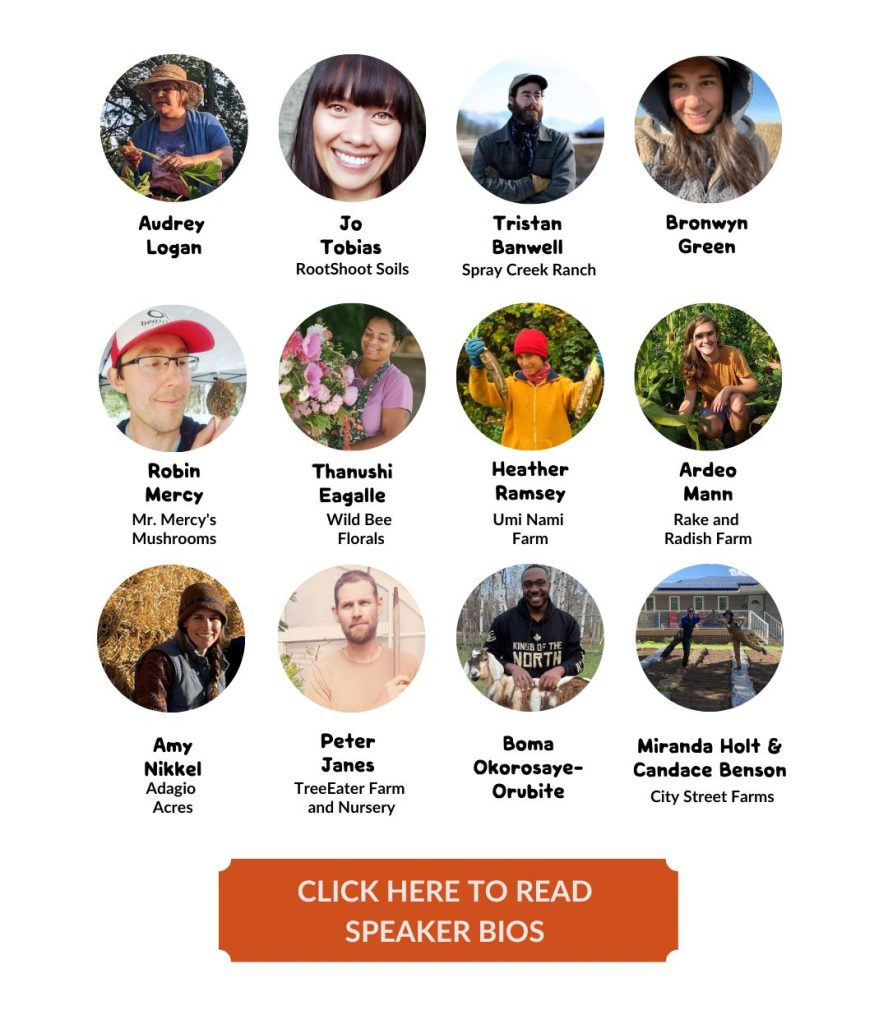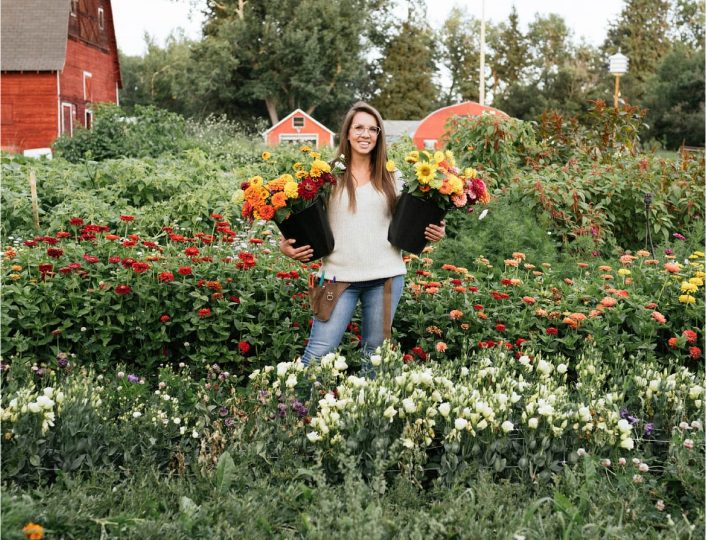 Filter by Popular Categories
Filter by Popular Categories
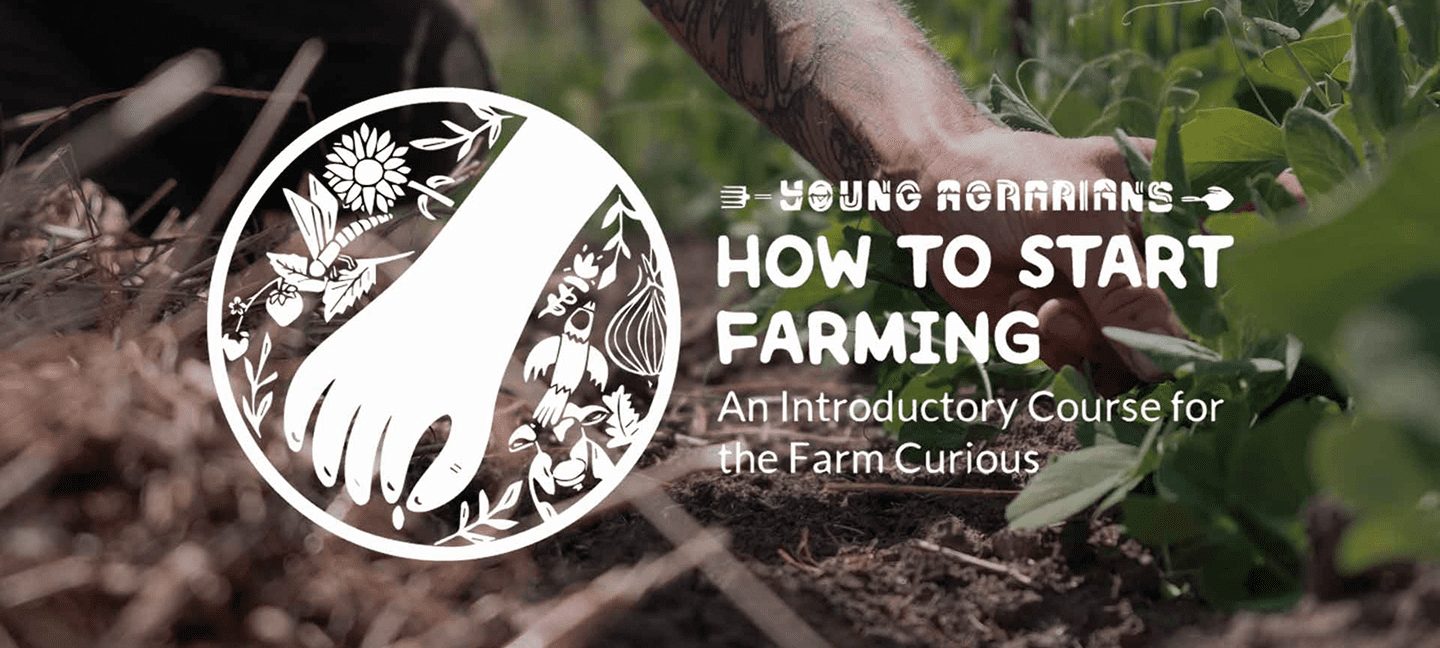
How to Start Farming: An Introductory Course for the Farm Curious
Young Agrarians presents How to Start Farming: An Introductory Course for the Farm Curious! This online course will give you the space to explore farming fundamentals, connect with the farming community, and learn about ways to get more involved in farming.
Course Dates: April 8th, 15th, 22nd and 29th
Live sessions will be held on Wednesday evenings from 5–7 pm Pacific Time, 6–8 pm Mountain Time, 7–9 pm Central Time, 8–10 pm Eastern Time, 9–11 pm Atlantic Time.
Did you know that over two-thirds of new farmers don’t come from a farming background? People from all walks of life have caught the farming and food-growing bug. Maybe that’s you!
Program Overview
How to Start Farming is a four-week program packed full of information and activities that guide you through the basics of farming and brings together people who want to dip their toes into the world of growing food. Registration in the course includes access to:
20
Instructional Videos
30+
Curated Farming Resources
8H
Virtual Support & Instruction
All broken down into easily digestible weekly modules.
Each week will include
- pre-recorded videos
- discussion forum
- 2-hour online session
How to Start Farming will cover everything from overviews of different kinds of farming to basic soil health principles to preparing for your first farm visit.
In this program you will have the opportunity to:
- Be introduced to Indigenous food systems and relationship to the land (led by Nehiyaw/Métis Knowledge Keeper Audrey Logan, Treaty 1 Territory)
- Discover how to address climate change through farming methods
- Explore paths to get more involved in farming
- Meet farmers and peers who are passionate about local food
- Hear first-hand stories of the joys and challenges of growing food
This program is open to anyone and everyone curious about farming. How to Start Farming is a great place to explore whether farming is right for you, how to build community by growing food, and tangible ways to make a positive impact on the ecosystems around you. This course is also a great way for those who are new to Canada to learn the basics of farming in Canadian climates. You don’t have to have any experience with farming or growing food to join.
“Young farmer, learn as much as you can about farming and life. Listen to your elders, for they are wise… Whatever you learn, share that knowledge with others; whatever you grow, share with those who have less. Be prepared to meet the challenge ahead but know that you are not alone.”
Is the How to Start Farming Course for You?
How to Start Farming is best suited for folks who have little or no experience in farming. This is an introductory course so it will be an exploration of the basics of farming. People of all ages and walks of life are welcome to join.
How to Start Farming is geared toward people who:
- Are looking for tangible ways to fight climate change
- Want to develop a relationship with the land through growing food
- Want to learn more about how food is grown in their local area
- Have grown food in gardens and want to learn about farming on a larger scale
- Come from farming backgrounds outside of Canada and want to learn about growing food in Canadian climates
- Are interested in working outdoors with their hands in the soil
- Want to connect with others who are interested in farming
Looking for different resources and topics? Check out other E-Learning programs here.
If you can’t join the fall session, click the button below to be notified when dates are announced and registration is open for our spring 2026 session.

Peer-to-Peer Learning
How to Start Farming is structured to facilitate peer-to-peer learning, which means it’s different from a standard online course. Each week participants are encouraged to watch a few short videos and answer a discussion question before attending the online, live session (via Zoom).
Weekly Videos
The videos cover the content of the topic for that week. Some videos will focus on the practical pieces of growing food while others will be a story of how a new farmer got involved in farming. Each week will have about 30 minutes of video content.
Facilitated Discussions
Each topic will also have a discussion question to complete. These discussion questions will help you reflect on the topic and to hear from others in the course. You can expect to spend 5–10 minutes on each discussion question.
Live Sessions
During the live session, you have the opportunity to ask questions of the speakers and to connect with peers in small groups. These sessions are participatory and driven by your questions. Each session is 2 hours long and we have live transcription available during all of our sessions.
How to Start Farming will run for four consecutive weeks with one topic per week, with live sessions on Wednesday evenings at 5 pm PT, 6 pm MT, 7 pm CT, 8 pm ET, 9 pm AT.
If you require any accommodations to make this program accessible, don’t hesitate to reach out to us at elearning@youngagrarians.org.
How to Start Farming
is facilitated by:
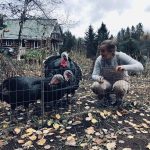
Caitlin McManus
She/her
E-Learning Coordinator
Email: caitlin@youngagrarians.org
In 2019, Caitlin found herself on 130 acres of land outside North Bay, ON. This opportunity to steward the land and connect with the local agrarian community led Caitlin and her partner to jump into small scale farming. They have raised pigs, chickens and turkeys, as well as growing a variety of vegetables to varying degrees of success. Using this lived experience alongside her experience as an educator, scientist and storyteller, Caitlin hopes to create an online learning space that supports new farmers with the tools and inspiration to follow their agrarian dreams!
Requirements
To fully participate in the program, participants should have reliable access to a computer and a stable internet connection (to join Zoom video calls). Please contact the E-Learning team at elearning@youngagrarians.org if you need any technical support.
Cost
We love supporting new and young farmers to grow! To make How to Start Farming more affordable we are offering a sliding scale payment, which means that you are able to select how much you pay to participate.
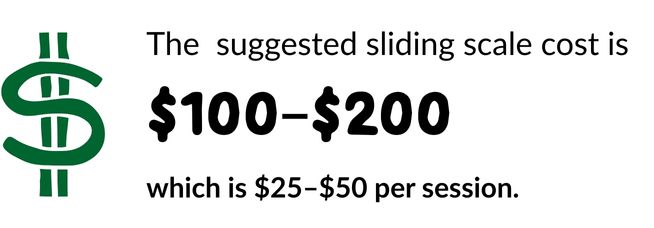
- If you are not able to pay on the suggested sliding scale, you are welcome to contribute an amount that works for you. No one will be turned away from our programs for lack of funds.
- We base the price range on the cost of running the program (coordination, speaker fees, facilitation, program development, and online infrastructure). When you register you are able to enter any amount as a registration fee. If you’d like to learn more, please go to “What is sliding scale payment? Why do we use it?”.
- If you have any questions, would like to pay without using a credit card, and/or want to arrange a payment plan, then please contact us at elearning@youngagrarians.org. Teams that join the program together can register as one entity.
FAQ
How much time is required to participate in this program?
The program is 4 weeks long. Each week will have 30 minutes of video content and each live session is 2 hours long. You can also expect to spend 5–10 minutes each week answering a discussion question online. So each week will require about 3 hours of your time, for a total of 12 hours for the whole course.
What are the exact dates and times of the live sessions?
Spring 2026 Dates: April 8th, 15th, 22nd and 29th
Live sessions will be held on Wednesday evenings from 5–7 pm Pacific Time, 6–8 pm Mountain Time, 7–9 pm Central Time, 8–10 pm Eastern Time, 9–11 pm Atlantic Time.
What if I can’t attend the live sessions?
Not a problem if you can’t make it to the live sessions — but if you can, we definitely recommend joining! Past participants have said they got a lot out of being there live, especially connecting with speakers and other folks in the course. That said, we’ll be recording three of the sessions (Topics 1, 2, and 4), so you can catch up anytime during the program. Recordings will be shared only with participants and available while the course is running.
Will I have access to content after the program is over?
Absolutely! You’ll have access to the program website, which has all the videos, resources, and discussion questions after the course is done.
I live outside of Canada, could I still participate in this program?
Absolutely! There are some resources that are specific to Canada, but the majority of what we discuss and explore can be applied to an international context.
If you have a specific topic or question that you are hoping to address, please send an email to elearning@youngagrarians.org
Will I learn how to plan for, grow, and manage a variety of crops and livestock?
Not quite!
The program is designed to introduce you to different parts of the farming community and start building your knowledge. In our third session, participants do meet farmers who work with different production models and we encourage you to ask questions!
We do not offer step-by-step instruction for starting a farm, as decisions regarding land access and management, crop selection, provincial regulations etc are highly dependant on your local context.
Is there an age limit for this course?
Nope! How to Start Farming (and all of Young Agrarians courses and programs) are available for anyone of any age. Everyone is welcome in our our courses and we aim to bring in speakers who have started farming at various ages and life stages. If you’re excited to learn about farming and connect with others who also want to farm then this course is for you.
Resources for How to Start Farming
Want more programs and resources for your farming journey? Check these out!
- YA Apprenticeship Program is a paid on-farm apprenticeship that is perfect for trying your hand at farming
- Our Job Board has a huge number of farm job opportunities across Canada
- Business Bootcamp for New Farmers is an online, community-based course that will give you the space and skills to write a stellar business plan for the farm of your dreams.
- Alberta Land Access Guide – A guide to help new farmers look at options into accessing land to farm.
- How to Start Farming in Alberta is a blog post with organizations and resources to support those new to farming
Questions or ideas? Email us at elearning@youngagrarians.org
How to Start Farming is coordinated out of ᐊᒥᐢᑿᒌᐚᐢᑲᐦᐃᑲᐣ (Amiskwacîwâskahikan), which is in Treaty 6 and Métis Territory. This land is the meeting place of the Cree, Blackfoot, Métis, Nakota Sioux, Iroquois, Dene, Ojibway/Saulteaux/Anishinaabe, Inuit, and many others. As we live and work in the context of, and in response to, a colonial land title system, it is important to acknowledge the historical and ongoing impact of agriculture on Indigenous lands and food systems. As Métis writer Chelsea Vowel says, “I think rural/Indigenous alliances have the potential to be the most transformative relationships in this country, even as they remain the least likely to occur.” In this context, we believe that it is our collective responsibility to position reconciliation, ecology and land stewardship at the forefront if we are to learn to be in relationship with the land.
You can read Young Agrarians’ full land acknowledgment on our Organization page.
Thank you to our course sponsors:
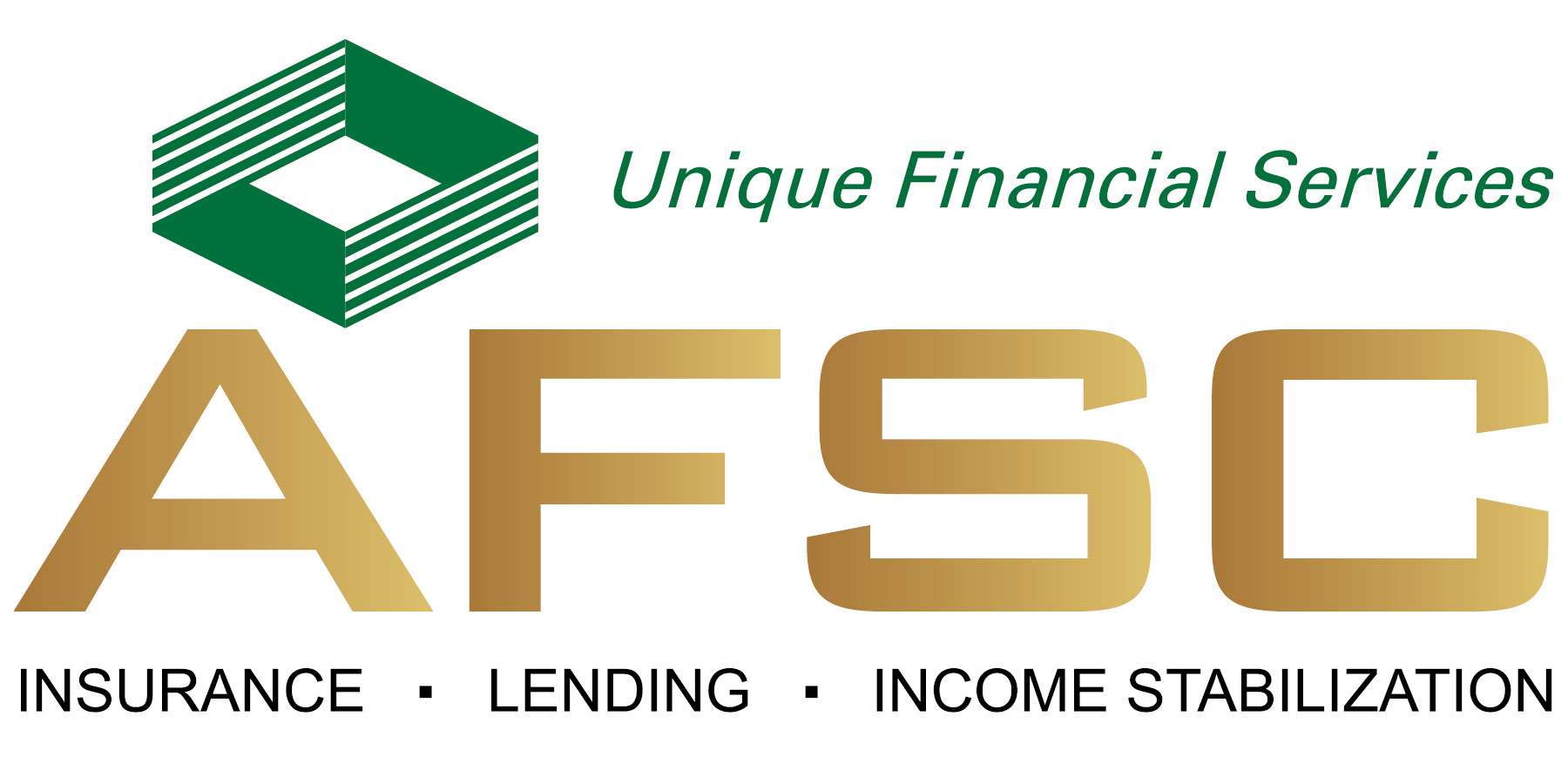


 Filter by Popular Categories
Filter by Popular Categories